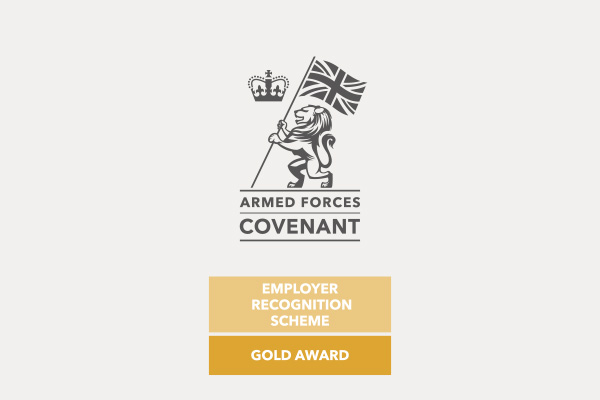Introduction
FdSc Operations Management is a Work-Based Distance Learning (WBDL) degree which aims to bridge the gap between learning at work and learning at university. The programme considers the high level of skills and learning which are demonstrated every day in the workplace and provides a degree framework to support and accredit this learning.
The FdSc Operations Management degree is open to all suitably qualified professionals who have direct responsibility for tasks and resources. Underpinned by research and development, this degree programme provides those without formal higher education qualifications to get started with their management qualification journey utilising their team leadership experience. For example Air Specialists Class 1 with secondary associated duties such as secretary of a sports club could use their rank and experiences to achieve a place on the foundation degree. To get started using your rank alone you will need to hold the minimum of Lance Corporal or Leading Hand.
The University of Lincoln is an Approved Learning Provider under the Armed Forces Enhanced Learning Credits (ELC) scheme, and this degree programme is underpinned by twenty years of military student focussed research and development.
Flexibility
Flexibility is a key feature of this programme and University of Lincoln regulations permit military students to formally interrupt their studies, at no extra cost for a period of up to 24 months in light of Out of Area deployments or other such commitments. In effect students can pause on their studies until they are in a position to continue.
How You Study
Students can have up to six hours contact time with their tutors with the remainder being self-directed study. A range of teaching and learning methods are used on the FdSc Operations Management including using Blackboard which is an online teaching and learning resource. Teaching on the course is through a range of methods such as podcasts, Wikis and blogs with the aim to facilitate a community of practice learners. Blackboard is also used for assessment purposes.
How You Are Assessed
The course and associated assessments are at foundation degree level and, applicants should be prepared to offer the commitment and dedication to produce work of an appropriate standard. Throughout the programme, assessment methods are designed to enable you to develop your potential and are based on the development of close working relationships between tutor and individual student. Hence, assessment strategies aim to reflect the focus of the course on independent self-managed learning.
Assessment Feedback
You can receive written comments and a score for summative work, your feedback will be designed to help you develop and improve for the next assessment. The University of Lincoln's policy on assessment feedback aims to ensure that academics will return in-course assessments to you promptly – no later than 15 working days after the submission date.
Methods of Assessment
The way you will be assessed on this course will vary for each module. It could include coursework, such as a dissertation or essay, written and practical exams, portfolio development, group work or presentations.
Duration
Typically, students are expected to take 18 months to complete the programme, but this will vary according to each individual's personal circumstances and work commitments.

